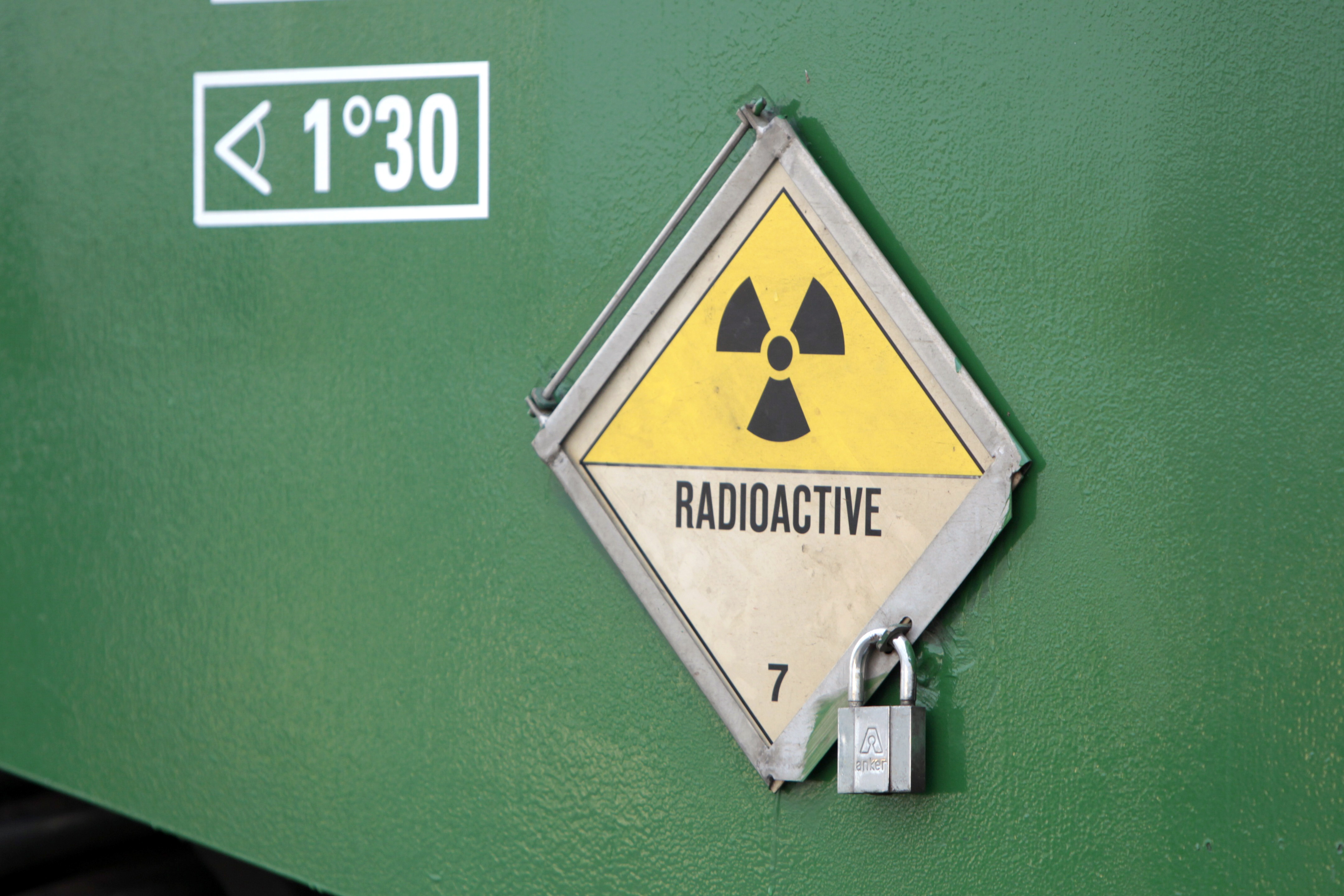Radioactive waste found at elementary school near World War II nuclear facility


A free daily email with the biggest news stories of the day – and the best features from TheWeek.com
You are now subscribed
Your newsletter sign-up was successful
An elementary school in a St. Louis suburb was found to be contaminated with massive levels of radioactive waste from a nearby dump site, the St. Louis Post-Dispatch and The Associated Press reported Monday.
The outlets cited a report from Boston Chemical Data Corp. examining the soil and surrounding area of Jana Elementary School in Florissant, Missouri. The school is located by Coldwater Creek, which was used as a dump site for World War II-era uranium waste produced at a nearby facility, Insider reported.
Concerns about potential contamination at the school were previously raised by an Army Corps of Engineers study, and Boston Chemical confirmed these suspicions. The group's report found that the school grounds contained radioactive isotopes 22 times higher than expected. This included traces of dangerous elements such as polonium, radium, and lead-210.
The Week
Escape your echo chamber. Get the facts behind the news, plus analysis from multiple perspectives.

Sign up for The Week's Free Newsletters
From our morning news briefing to a weekly Good News Newsletter, get the best of The Week delivered directly to your inbox.
From our morning news briefing to a weekly Good News Newsletter, get the best of The Week delivered directly to your inbox.
Following the report, parents and activists voiced their anger about the school area being so heavily inundated with radiation.
"I was heartbroken," Ashley Bernaugh, president of the Jana Elementary parent-teacher association, told the Dispatch. "It sounds so cliché, but it takes your breath from you."
Karen Nickel, co-founder of the locally based environmental group Just Moms STL, added, "There is no safe level of bomb waste for children."
In a statement, Hazelwood School District — where Jana Elementary is located — said they were "aware of the report."
A free daily email with the biggest news stories of the day – and the best features from TheWeek.com
"Safety is always our top priority, and we are actively discussing the implications of the findings," the statement said, adding officials would be consulting with attorneys.
Justin Klawans has worked as a staff writer at The Week since 2022. He began his career covering local news before joining Newsweek as a breaking news reporter, where he wrote about politics, national and global affairs, business, crime, sports, film, television and other news. Justin has also freelanced for outlets including Collider and United Press International.
-
 Why is the Trump administration talking about ‘Western civilization’?
Why is the Trump administration talking about ‘Western civilization’?Talking Points Rubio says Europe, US bonded by religion and ancestry
-
 Quentin Deranque: a student’s death energizes the French far right
Quentin Deranque: a student’s death energizes the French far rightIN THE SPOTLIGHT Reactions to the violent killing of an ultraconservative activist offer a glimpse at the culture wars roiling France ahead of next year’s elections
-
 Secured vs. unsecured loans: how do they differ and which is better?
Secured vs. unsecured loans: how do they differ and which is better?the explainer They are distinguished by the level of risk and the inclusion of collateral
-
 Blue Origin launches Mars probes in NASA debut
Blue Origin launches Mars probes in NASA debutSpeed Read The New Glenn rocket is carrying small twin spacecraft toward Mars as part of NASA’s Escapade mission
-
 Why scientists are attempting nuclear fusion
Why scientists are attempting nuclear fusionThe Explainer Harnessing the reaction that powers the stars could offer a potentially unlimited source of carbon-free energy, and the race is hotting up
-
 Dinosaurs were thriving before asteroid, study finds
Dinosaurs were thriving before asteroid, study findsSpeed Read The dinosaurs would not have gone extinct if not for the asteroid
-
 SpaceX breaks Starship losing streak in 10th test
SpaceX breaks Starship losing streak in 10th testspeed read The Starship rocket's test flight was largely successful, deploying eight dummy satellites during its hour in space
-
 Rabbits with 'horns' sighted across Colorado
Rabbits with 'horns' sighted across Coloradospeed read These creatures are infected with the 'mostly harmless' Shope papilloma virus
-
 Why does the US want to put nuclear reactors on the moon?
Why does the US want to put nuclear reactors on the moon?Today's Big Question The plans come as NASA is facing significant budget cuts
-
 Lithium shows promise in Alzheimer's study
Lithium shows promise in Alzheimer's studySpeed Read Potential new treatments could use small amounts of the common metal
-
 Scientists discover cause of massive sea star die-off
Scientists discover cause of massive sea star die-offSpeed Read A bacteria related to cholera has been found responsible for the deaths of more than 5 billion sea stars
